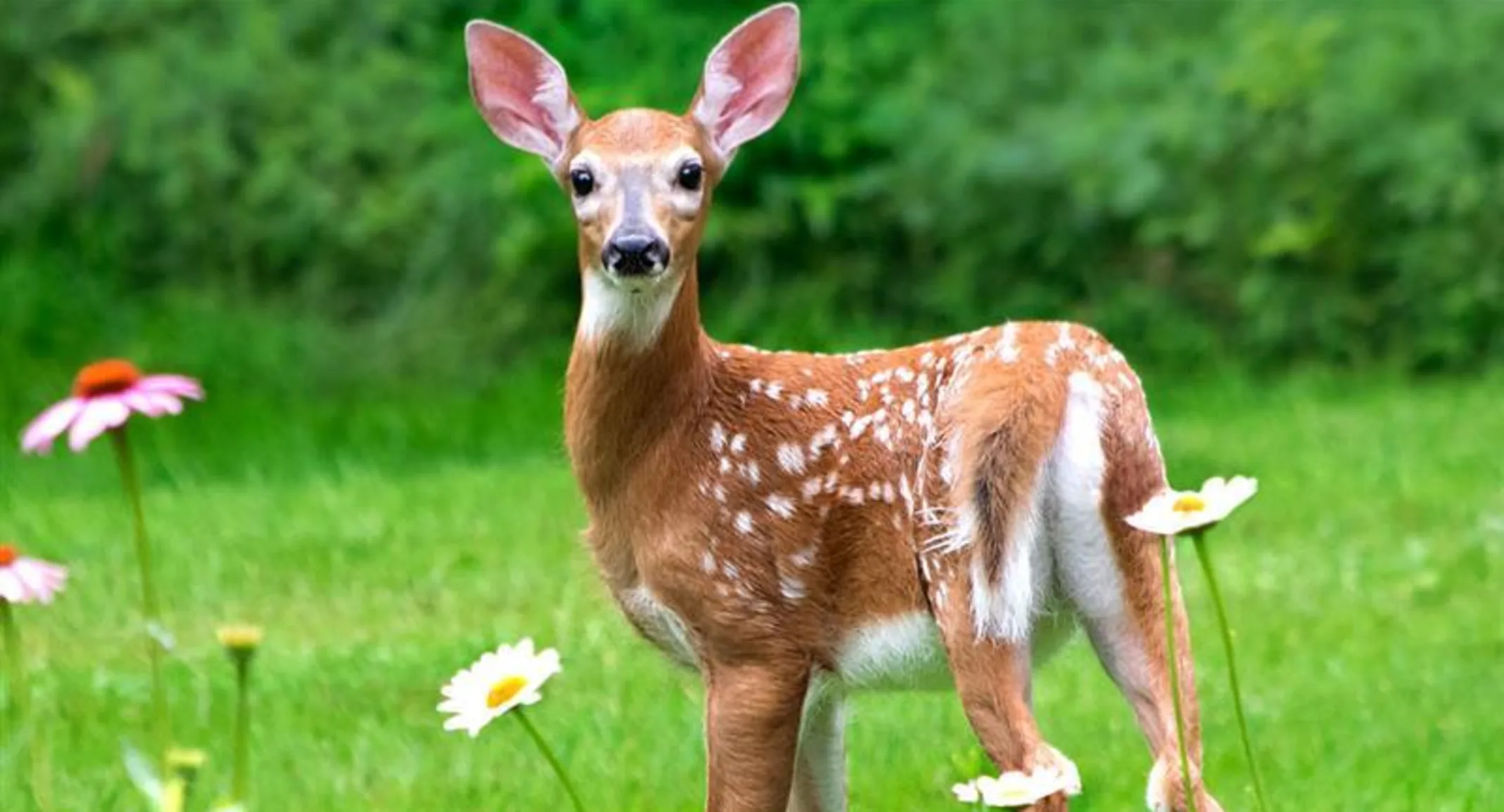You've Found a Wild Animal, Now What?
General

Around this time of year, a question we are commonly asked is "What should I do if I find a wild animal that needs help?" Spoiler alert, it’s not become best friends and post Facebook videos of it eating at your kitchen table. Although it may appear lonely and helpless, there is often no need for assistance.
So, what do you do?
Observe!
If this is a young animal that appears uninjured or isn’t in immediate danger, leave it! I know it seems so helpless and cute but adults sometimes leave their young alone for long periods of time, only returning to feed.
Don’t hover, but do observe the animal from a distance over the span of 6-8 hours to see if the adults return. If they do not, then considered intervening.
If this is a baby bird with no feathers, this is a nestling. Look around for a nest and if you can, put it back in the nest. If you cannot find or reach the nest, try to make one by lining a container with rags and placing in a tree nearby. Wait to see if the parents return.
If this is a baby bird with feathers, this is a fledgling. If it appears healthy and is away from predators leave it. Fledglings are grounded from time to time and chances are the parents are close by. Don't be a bird napper!
If this is an adult animal take some time to see if it truly needs help. If it is obviously injured or is in immediate danger from your own pets you might need to move it.
2. Visit the Louisiana Wildlife and Fisheries website and look at the list of wildlife rehabilitators. Not all rehabilitators are licensed for all species as some species require federal licenses. It is considered a federal offense to possess certain wildlife without the proper licenses. Call a rehabilitator close to you for advice and plan a time to transport the animal to them. A list of licensed rehabilitators can be found at here.
3. Only handle the animal if absolutely necessary. If you are instructed to handle the animal wear gloves for your safety and the safety of the animal. A bite or scratch could result in euthanasia for the animal to test for rabies. Have a plan of how you will restrain and contain the animal. Use towels to protect yourself further. Have an enclosure ready (cardboard box or pet taxi). If you are setting up for a baby bird with no feathers, provide a heat source such as a hot water bottle wrapped in a towel. Make sure there are layers of protection between the bird and the heat source. Also make sure the bird can get away from the heat source if they become too warm.
4. In Louisiana it is illegal to rehabilitate deer, wild turkey, black bear and alligator. If you encounter these animals do not interfere. Immediately call the 24-hour Enforcement Dispatch at 1-800-442-2511.

